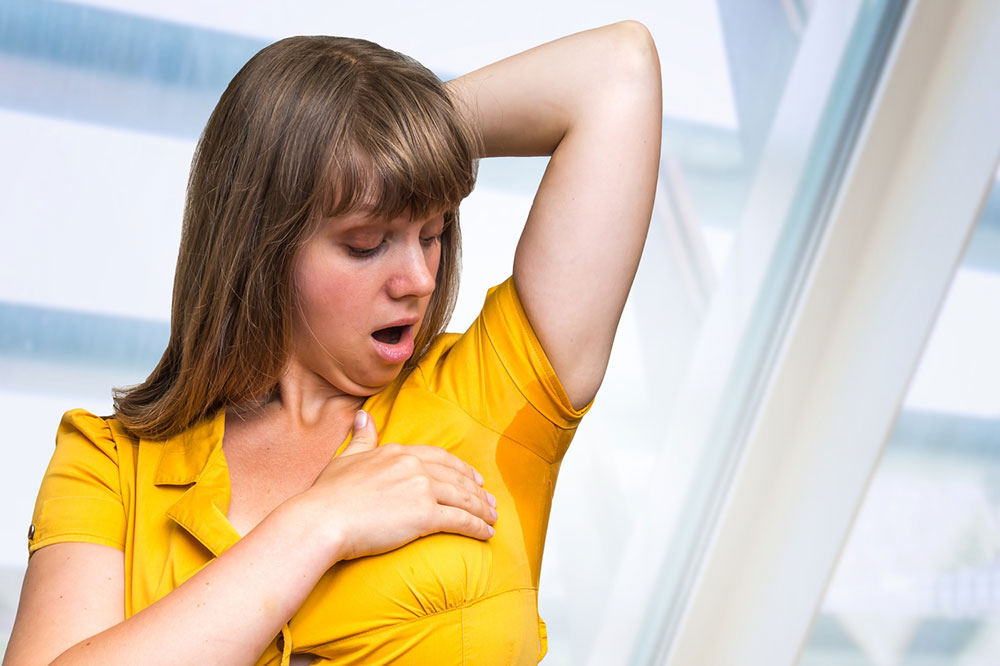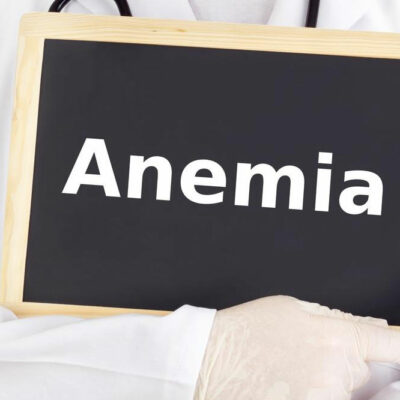
Common Triggers and Causes for Hyperhidrosis
Hyperhidrosis is when you sweat more than usual. And unlike normal circumstances, your sweat would not attribute to heat or heavy workouts. In hyperhidrosis, the sweating may be so excessive that the sweat may often drip off or even soak your clothes. It can lead to embarrassment in public as well as social anxiety. In this article, we will talk about some of the common triggers for hyperhidrosis.
- Hyperthyroidism
Hyperthyroidism is one of the most common causes of hyperhidrosis. Hyperthyroidism leads to hormonal imbalances that occur because thyroid hormones are produced in excess by the thyroid gland. Because of this, the metabolism of the body increases and there is more heat production, which eventually leads to hyperhidrosis. - Low blood sugar levels
Low blood sugar levels can lead to excessive sweating. When the blood sugar level of a person is low, it leads to a condition called hypoglycemia. This condition leads to a flight or fight response in the body because of which the body produces an additional amount of adrenaline and norepinephrine. This leads to excessive sweating, anxiety, and shakiness. - Vitamin D deficiency
In the case of vitamin D deficiency, you might have to undergo overstimulation of sweat glands and neuromuscular irritability. These may further result in excessive sweating or hyperhidrosis. The sweating is mostly evident on the neck and the head. - Heart problems
Hyperhidrosis may also signal serious heart problems. Chest pain or angina occurs when there is no proper supply of oxygen-rich blood to the heart. When the excessive sweating occurs due to heart problems, it is referred to as secondary hyperhidrosis. - Puberty
During puberty, the sweat glands are more active than at any other age. It is also the time when the body produces more hormones. As the body goes through emotional distress, heat or exercise, excessive sweating, or even unpredictable sweating occurs when the body starts to cool off. - Medications
When medications cause excessive sweating, it is referred to as drug-induced hyperhidrosis. Medications block the actions enzymes called acetylcholinesterase that breaks down the neurotransmitter. Acetylcholine has a strong effect on receptors that are found on sweat glands. - Menopause
Night sweats and hot flashes are common in the case of menopause. These occur during and even before menopause. In this case, a woman starts sweating excessively so much so that the pillows and bed go damp, and she can also feel very cold. There is a change in hormone levels, including progesterone and estrogen, which affect the body’s temperature control system.
There are several ways to treat hyperhidrosis, which helps in most cases. For instance, prescription-based anti-depressants and certain therapies help with the treatment of hyperhidrosis. But in advanced and more serious cases, your doctor may suggest going for surgery to remove sweat glands or disconnect nerves, causing the sweat to overproduce.


